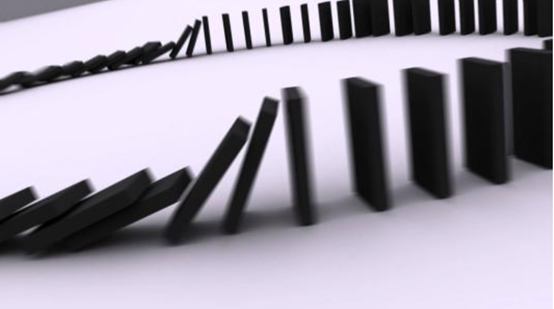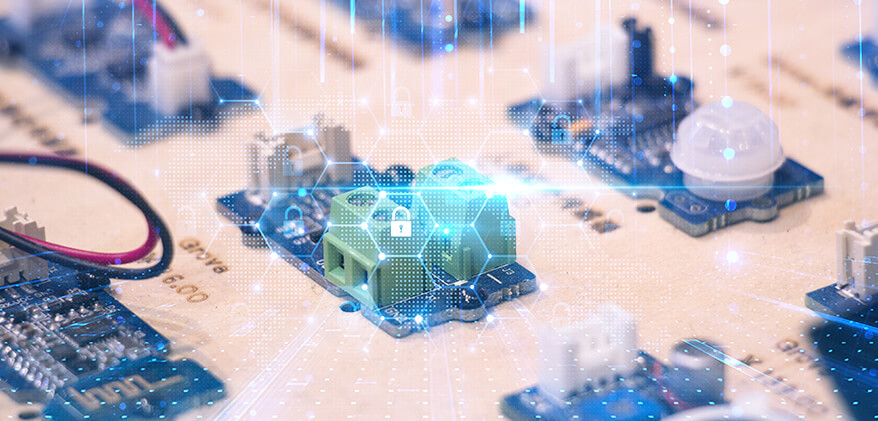Lithium Ion Battery Recycling Process and Methods
Feb 25, 2020 Pageview:1223
Introduction
There are many recommendations about a Li ion battery. It is said that charging must be carefully?done. If the battery is bloated or has given salty or liquid residues, it must be discarded. Most of the Li ion batteries have ammoniated ion their packing that it is recyclable. They show this by adding the recycling sign at the side of a product. There are government designated dust bins to discard such materials. You may be wondering if a Li ion battery is recyclable. And if yes, to what extent it can be recycled and how, this article is directly addressing the recycling matter of a Li ion battery. Let’s start up with answering some question;
Can a lithium ion battery be recycled?
The short answer to this question is yes. It is possible to recycle a Li ion battery. Although recycling these batteries require expert care and attention. A?Li ion battery is known to be relatively less toxic that many other types of existing batteries.? That is the reason they are considered an easy battery to recycle to compare with the most. There are many compounds existing a Li ion battery. These materials are valuable such as; nickel metal hydrate, nickel cadmium, lead acid and many more. These materials must be harvested by a designated chemistry professional. Do not try to this at home, the acidic content may cause harm to you. These batteries are flammable and pressurized; touching such volatile content without having the required expertise can bring about devastating results. ?This is the very reason that it is highly recommended to discard these batteries properly.
All of this material is processed and refined. They are usually?used in the making of other lithium batteries, as well as a wide range of other products.
How do you recycle a lithium ion battery?
The best way to recycle these batteries is by starting to take them to the nearest recycle disposals. You can take your old cell phone batteries, laptop and other forms in any shapes and sizes.
Aside with having valuable components, these batteries are as well as dangerous to environment; lead and cadmium may cause intoxicating of water and turn back to the cycle of life. It can damage us and the wildlife?as well. Before we get to recycling lets have a look at the effect of these batteries on the environment;
Lead acid
Lead-acid batteries are the most successful batteries for recycling. The rates of success for these batteries are more than 80 percent. The process in recycling these types of batteries is time efficient as well as containing low cost procedures. They can recycle multiple times. This fact?makes lead-acid batteries the most suitable for recycling.
Nickle and cadmium
This is one the most common intoxication that the marine life is facing. Cadmium is extremely?sensitive to oxygen and release itself into the soil and water. It is important to dispose these batteries correctly both for the recycling the precious material as well as caring for environment.
Nickle metal hydrate
These batteries are considered less toxic in compare with many other.
Lithium batteries
These batteries contain metallic?lithium and are our point of concern in this article. These batteries can be an energy bomb when they are exposed to moisture and pressure. The reaction is usually volatile and explosive. Much land and jungle fires have been a result of lithium battery careless disposals?. It is important to discharge the batteries completely before disposing them. The primary lithium batteries or metal lithium have a wide range of use specially in outdoor activity gadgets. You must make sure not to lose or discard them in the nature.
Lithium ion batteries
They are much more harmless when it comes to dispose of these batteries. Although they contain harmful materials, they are discarded carelessly in the nature.
Recycling
The recycling process of these batteries starts with a full discharge of the batteries. This is to avoid any chemical and thermal reaction of the ion battery content. Alongside of discharging the battery they may freeze the electrolytes to minimize the risks. The next step is vacuuming the electrolyte content out of the battery cell through a condensation process. This process is to avoid any toxic fumes and decreasing the reactivity of the electrolyte compounds with air.
The next steps involve in dismantling the pieces of cathodes from the battery sells, disguising from different parts and lastly crushing the mechanically. The parts that have?been oxidised?will?be discarded as junk material. These parts will be melted and used in different metal alloys.
The valuable part as well will be crashed and melted. They may be treated with different chemicals to purify them. They use fluorine washes to purify the metallic contents.
The electrolyte content will be purified through a crystallization process?as well. Once the material has been purified and cleansed, they will be sent for reproducing the Li-ion batteries from anew.
To decrease the possibility of accidents, there many working conditions considered while recycling a Li ion battery; keeping the temperatures lower, opening the cell with the help of robots in a controlled and sealed environment and many more.
What percentage of lithium ion battery can be recycled?
Depending on the amount of damage that a battery has been subjected to, the success rate of recycling may differ. Currently,?the average rate of recycling a Li ion battery is 50 percent. Although the valuable material is always extracted and recycled, maybe it is no more useful for recycling the ion batteries. However, they can be used in another manufacturing purpose.
Conclusion
It is of utmost importance to discard these batteries correctly. These are valuable compounds even when you may think they are obsolete. Government authorized disposals are the best choice for discarding these batteries.
- Prev Article: Lithium Battery Low Voltage Protection- Introduction and Reasons
- Next Article: Li Ion Battery Price-Rice Trend And Cost Structure
Leave Message
Hottest Categories
-
Hottest Industry News
-
Latest Industry News












